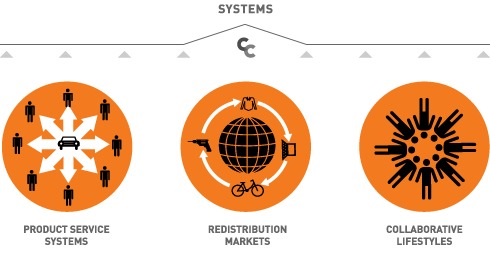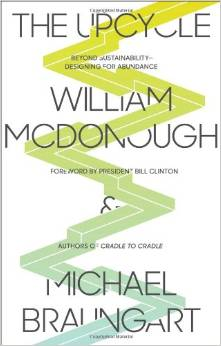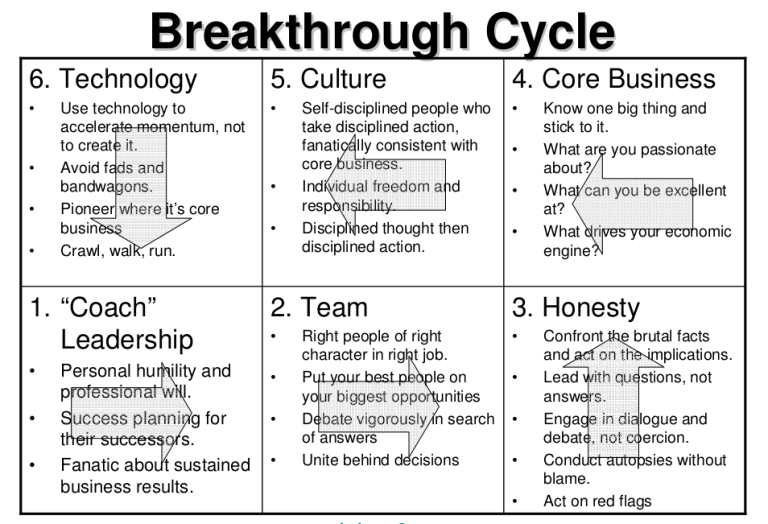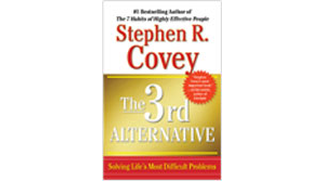How could understanding Gerber’s eMyth Technician improve your sustainability results?
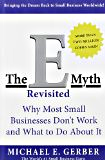 Michael Gerber first published his business classic “The eMyth” in 1986, and it’s been a business book bestseller for decades, revised as “The eMyth Revisited: Why Most Small Businesses Don’t Work and What to Do About It“ in 1995. (NOTE: The “e” is nothing to do with the Internet – it stands for “entrepreneur”.) Its insights into how business works – and doesn’t work – are highly useful for sustainability success as well as business success.
Michael Gerber first published his business classic “The eMyth” in 1986, and it’s been a business book bestseller for decades, revised as “The eMyth Revisited: Why Most Small Businesses Don’t Work and What to Do About It“ in 1995. (NOTE: The “e” is nothing to do with the Internet – it stands for “entrepreneur”.) Its insights into how business works – and doesn’t work – are highly useful for sustainability success as well as business success.
Understanding the motivations, preferences and key stress points characteristic of Entrepreneurs, Managers and particularly Technicians can help us craft more relevant sustainability messages.
Gerber’s basic proposition is that the majority of people starting business are excellent Technicians, but not so good at being Managers or Entrepreneurs. He describes the patterns of each characteristic role and their strengths, weaknesses and conflicting preferences.
He also proposes that many small business managers are primarily Technicians overloaded and stressed because:
“…in a Technician-driven business, without The Entrepreneur to lead her and The Manager to supervise her, The Technician will work until she drops, only to wake up the next morning to go to work even harder, and the next, and the next. Only to discover, long after it’s too late, that while she was working someone moved a freeway through the store.” (p. 31)
Gerber sees the Technician as the doer, and suggests that to the Technician, thinking is unproductive unless it’s thinking about the work that needs to be done. He also proposes that technicians are suspicious of lofty ideas or abstractions, and that ideas need to be reduced to methodology if they are to be of any value. This is particularly likely to be relevant to Technicians overloaded by working IN their business to the exclusion of working ON their business.
How can we better communicate with overloaded Technicians?
Gerber’s three characteristic behaviour sets are about offering insight rather than putting people in rigid categories. The challenge for sustainability advocates is to meet the overloaded Technician at their level, providing information that they can process and methodologies they can follow. No matter how real or true, try to convince a Technician of the “dangers of exponential growth” or the benefits of “ethics at the core of business design” and you are unlikely to connect. (This can be as true for an overloaded COO or production manager as for a small business owner.)
For a Quality Manager, sustainability may be best offered as an extension of Lean Production into Lean Services; for a product designer it could be about Life Cycle Analysis; for an accountant, it could be about Marginal Abatement Cost Curves. Whoever your overloaded Technician is, find a way to make it about the effectiveness of the work they do (and ideally, about reducing its volume or improving their results).
Are you communicating effectively with your target audience?
If you’re not getting listened to, it may be worth exploring Gerber’s three character preferences to see if your audience needs a different type of communication. What’s the background of your influencing target? What are their current challenges? How can you connect with them more effectively?
Gerber’s eMyth series can be applied to sustainability campaigns in a variety of ways – to me, the perspective of Technician is one of its most useful insights.
NOTE: By the way, if you’re struggling in running a sustainability business or a business department, it’s worth checking that your own Technician or Entrepreneur. While “The eMyth” is often seen as a handbook on proceduralising business functions, at its core is the proposition that any business role is a mirror “to see ourselves as we are, to see what we truly know and what we don’t know, to see ourselves honestly, directly and immediately.” (p. xv.)

